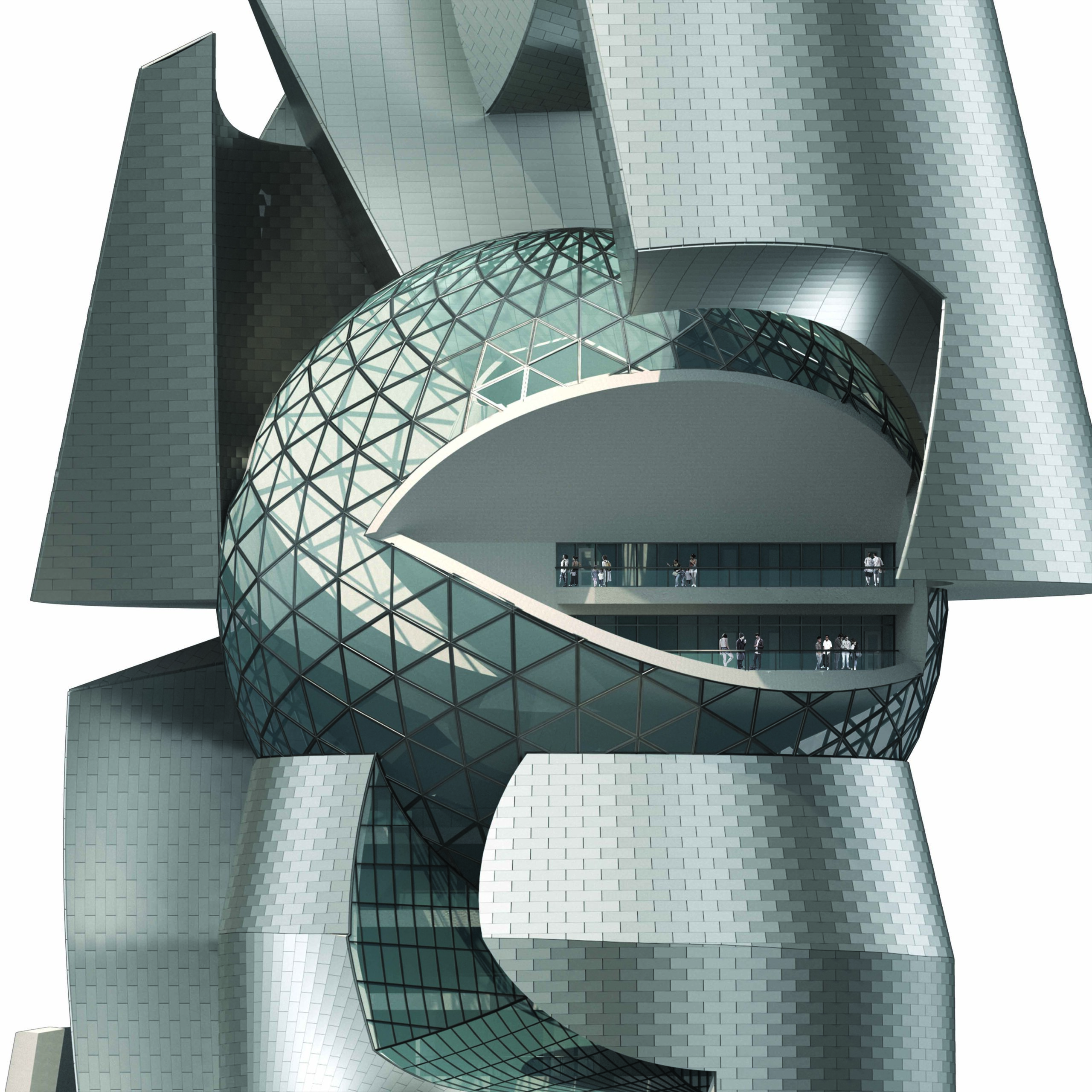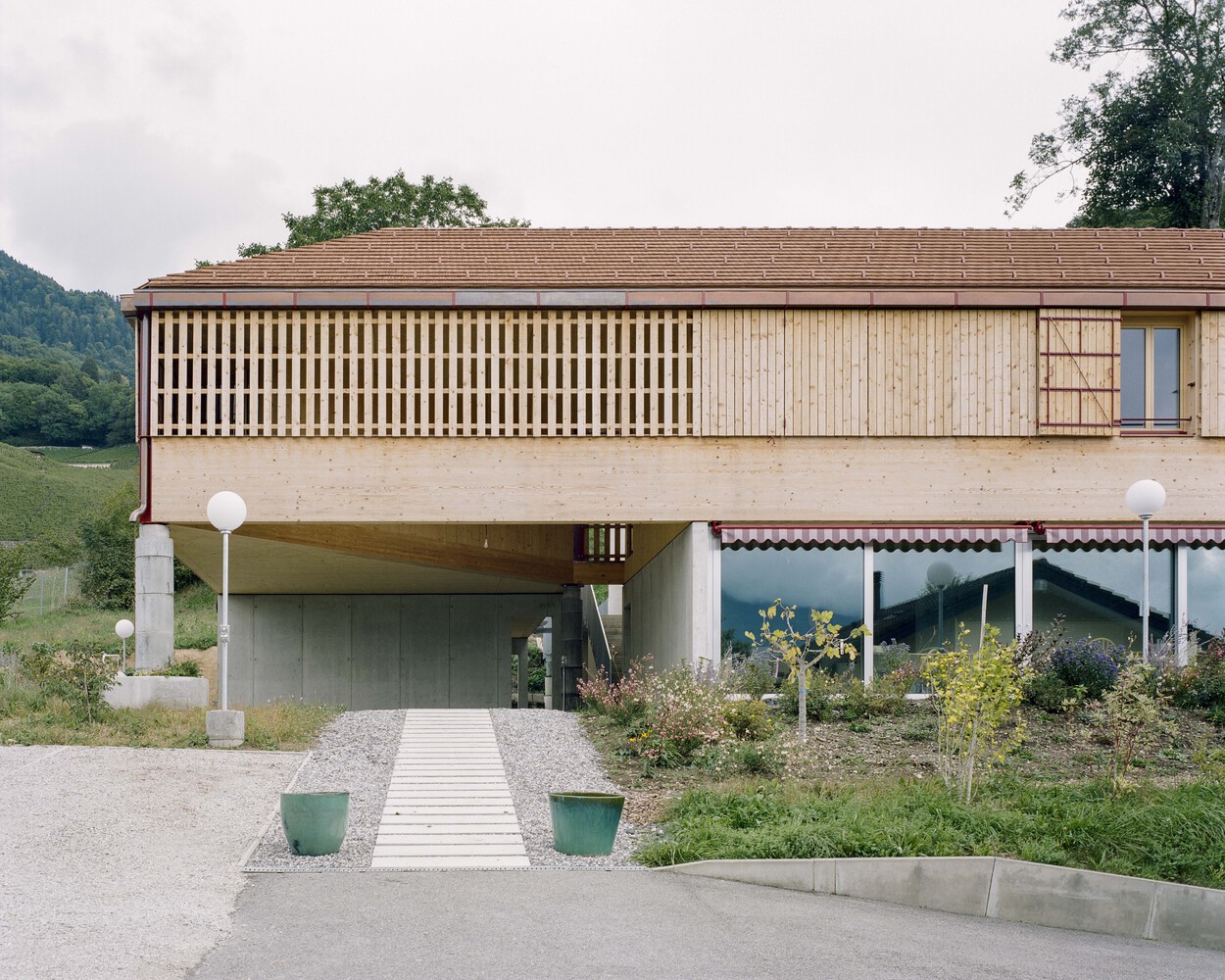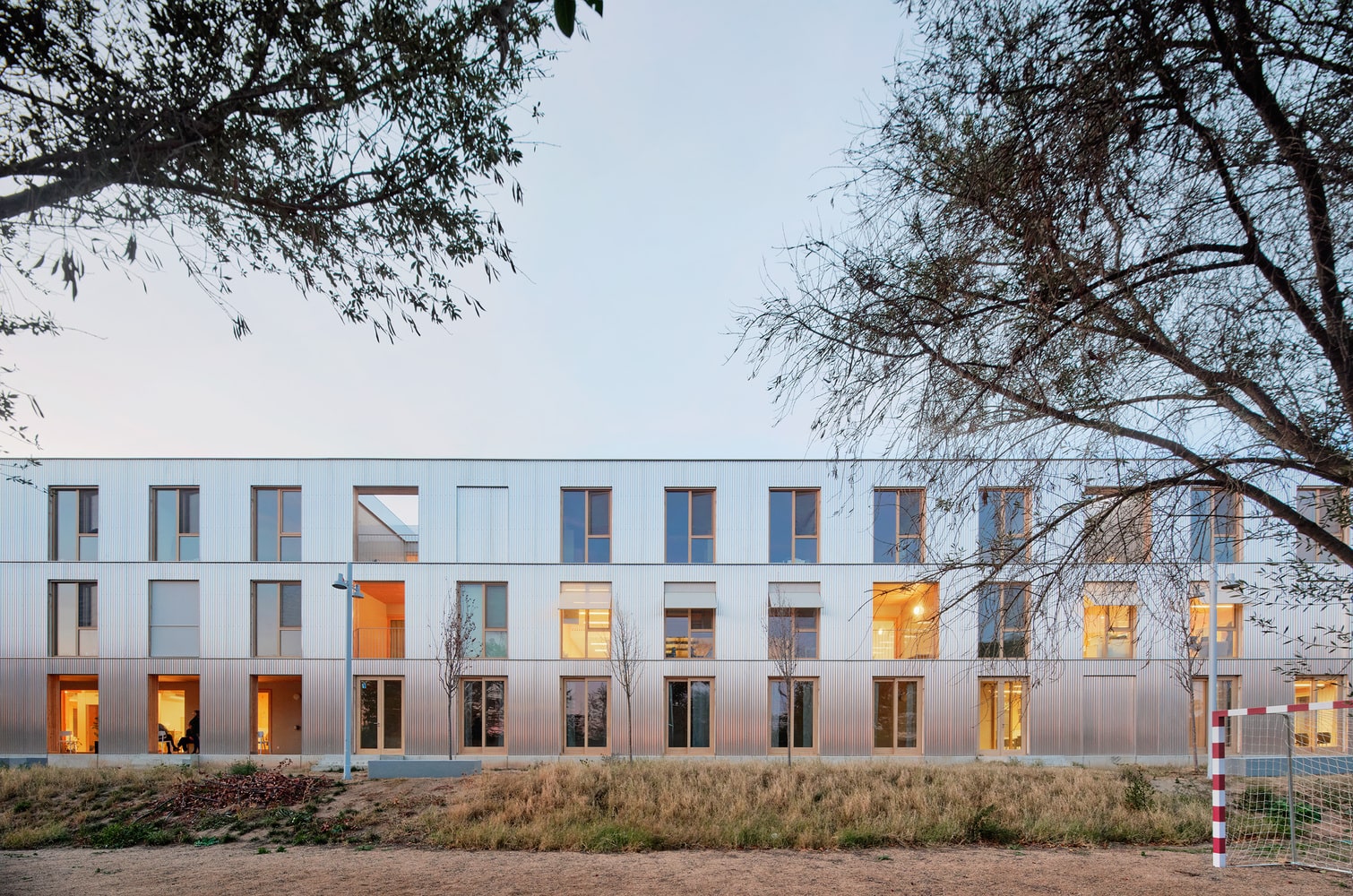- Home
- Articles
- Architectural Portfolio
- Architectral Presentation
- Inspirational Stories
- Architecture News
- Visualization
- BIM Industry
- Facade Design
- Parametric Design
- Career
- Landscape Architecture
- Construction
- Artificial Intelligence
- Sketching
- Design Softwares
- Diagrams
- Writing
- Architectural Tips
- Sustainability
- Courses
- Concept
- Technology
- History & Heritage
- Future of Architecture
- Guides & How-To
- Art & Culture
- Projects
- Interior Design
- Competitions
- Jobs
- Store
- Tools
- More
- Home
- Articles
- Architectural Portfolio
- Architectral Presentation
- Inspirational Stories
- Architecture News
- Visualization
- BIM Industry
- Facade Design
- Parametric Design
- Career
- Landscape Architecture
- Construction
- Artificial Intelligence
- Sketching
- Design Softwares
- Diagrams
- Writing
- Architectural Tips
- Sustainability
- Courses
- Concept
- Technology
- History & Heritage
- Future of Architecture
- Guides & How-To
- Art & Culture
- Projects
- Interior Design
- Competitions
- Jobs
- Store
- Tools
- More
Transcending Physicality, Endeavour in Realising the Power of Architecture to Move

The core proof of the Earth’s very existence, movement governs the reality of everything around us. The dissertation began with the intention to re-examine the idea of human movement by exploring its applications and meanings beyond a literal connotation, as an emotional, sensory and contextual element in design. The study conducted thereon, resulted in a realisation that architecture, in its purest form, has the capacity to move human lives and create positive differences. This hypothesis was then extrapolated under the umbrella of Positive Mental Well-being in everyday life.

India today, is in a state of dearth when it comes to positive mental health. Besides, the very idea of seeking help or therapy is still taboo in most societies. With a large number of the urban youth falling prey to everyday pressures, problems like depression, anxiety and the rising stress levels are a huge cause for concern. Therapy is something which most refrain from, due to the fear of being stereotyped. Thus mind-sets are affected, as pressures and expectations keep adding up, without being let out or expressed. The urban youth are most affected due to this, with approximately 1 in 5 people suffering from some sort of mental health problems. These may appear meek at the outset, but without suitable addressing, pose threatening impacts.

The dissertation is an attempt to utilise everyday transitions in urban realms as means of transcending physicality by awakening one’s senses, being emotionally connected with reality at all times and reviving hope and positivity. The ultimate goal is to realise a space that nullifies the stigma associated with mental health by using movement as a catalyst i.e. the power of architecture to move.

The proposal is intended as an everyday public space, an inherent part of an urban setup, rather than a treatment centre. Therapy and contemplation is intended to be articulated through subtle nuances and expressions. The intention is not only to create a symbolic escape to tranquillity but also decimate the divide between human and natural elements. It is an attempt to re-establish and strengthen connections between the physical, the sensory and the emotional. It is visualised as a journey towards a state of Ubuntu, i.e. realising the beauty of every small thing around. From being rooted within the earth, to creating architecture without walls, to reaching within and above the canopy of trees, the design oscillates between being introspective and externally facing. The prospect is to ultimately overcome societal stigma and normalise the fact that it is okay, to not be okay. The proposal is executed in the defunct plot of the Shakti Mills Compound, which falls right in the middle of a bustling pedestrian transit. The design explores the multisensory, emotional and experiential qualities of architecture as an impetus to re-establish positive mental well-being.
illustrarch is your daily dose of architecture. Leading community designed for all lovers of illustration and drawing.
Submit your architectural projects
Follow these steps for submission your project. Submission FormLatest Posts
Community Housing in Villy by Madeleine architectes & Studio Francois Nantermod
A cooperative housing project in Villy transforms a grandfather’s home into the...
Housing NOW by Blue Temple
Housing NOW by Blue Temple in Myanmar is a modular bamboo housing...
Shelter for Homeless Women in Barcelona by Vivas Arquitectos
The Shelter for Homeless Women in Barcelona combines dignity, safety, and sustainability,...
Shelters on Slope: A Sunken Garden Prototype in Jakarta
Located in Jakarta’s vibrant business district, Shelters on Slope (SS) Garden by...





















Leave a comment